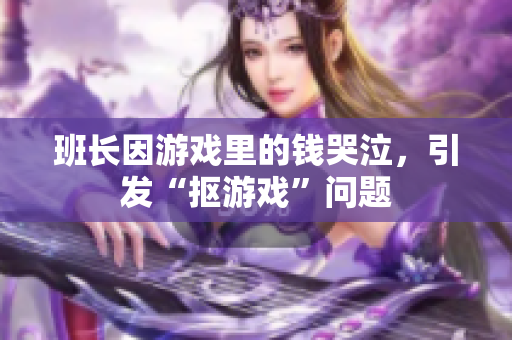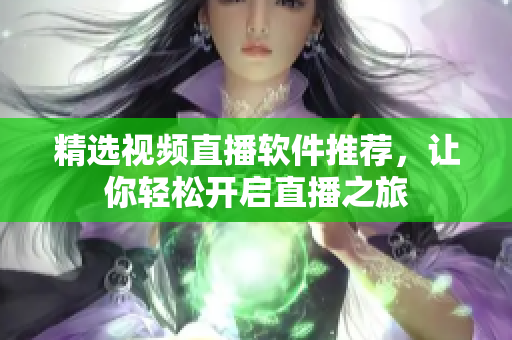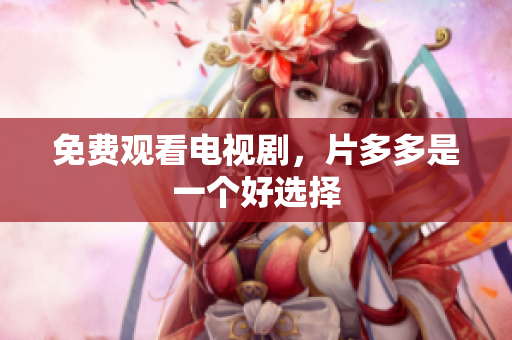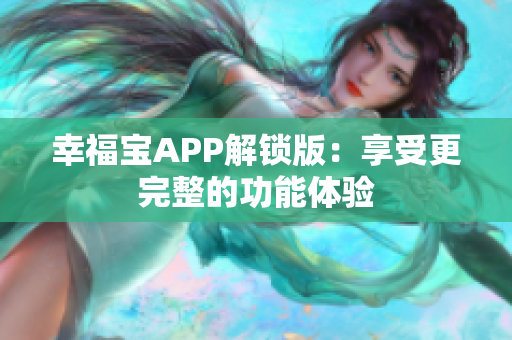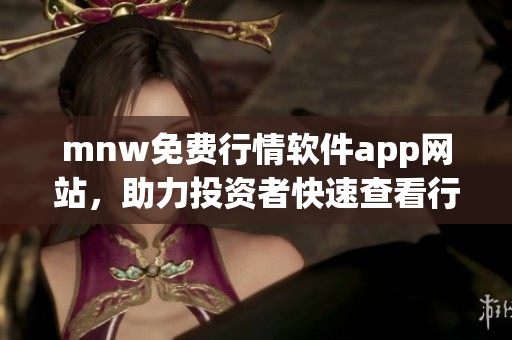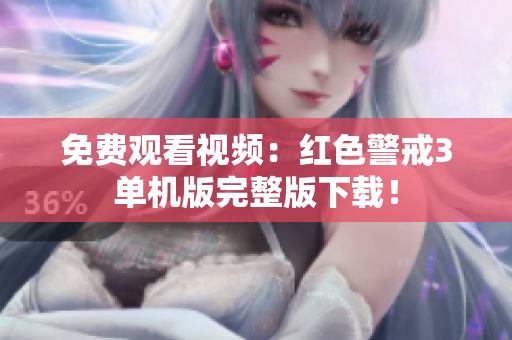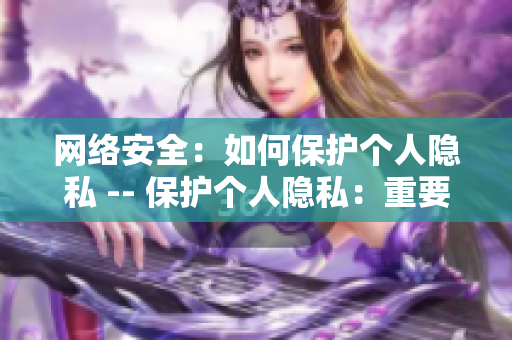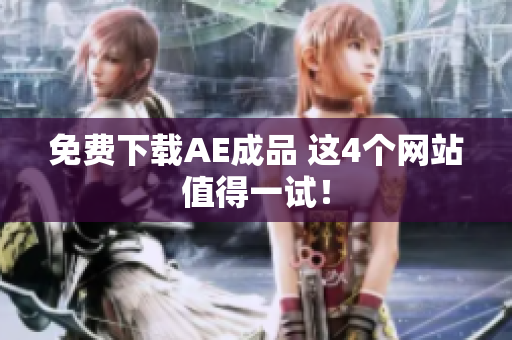Introduction
When it comes to Western humanities and art, there are countless masterpieces that have stood the test of time and continue to captivate audiences all over the world. Recently, however, the buzz around 5G technology in mainland China has left many wondering how it will impact the art world. Meanwhile, a classroom dilemma for a c1 session, a sobbing class president who wants to spend more on in-game purchases, and a disgruntled English class representative who resorts to cheating have raised questions about education and ethics. In addition, the shortage of preschool spots in Southeast Asia has become a pressing issue. Let's explore these topics in detail.
The Enduring Power of Western Humanities and Art
Western arts and humanities span centuries and encompass a wide range of genres, styles, and mediums. From the mysteries of Mona Lisa's smile to the majestic splendor of The Sistine Chapel, these masterpieces have left indelible imprints on human culture and continue to inspire awe today. They are testaments to the human spirit, imagination, and creativity - representing our highest aspirations and deepest longings. Yet in the face of emerging technologies like 5G in mainland China, some wonder what the future holds for these traditional art forms.
5G Technology, Art, and Education
The arrival of 5G technology in mainland China has given rise to a lot of excitement about the possibilities it holds. With faster internet speeds and greater connectivity, many industries are expecting to see significant improvements and opportunities in the coming years. However, the impact of 5G on the arts and humanities is still unclear. Some experts predict that 5G will revolutionize the way we experience art, making it more accessible and interactive for people around the globe. Others worry that this technology may lead to the commodification of art, turning it into just another product to be consumed and marketed for profit.
Turning to education, the case of a c1 session dilemma and cheating in the classroom illustrate the importance of ethical behavior and moral character for students. The role of educators and mentors is crucial in imparting these values to the next generation and instilling responsibility and accountability in young people.
The Ethics of In-Game Purchases
In recent years, the gaming industry has exploded in popularity, attracting players of all ages from all over the world. With the advent of mobile devices, it has become easier than ever to play games on the go, and many games are now free to download and play. However, these games often have in-game purchases or microtransactions, where players can spend real money to enhance their gaming experience. This has led to controversy and concern among parents and educators alike, who worry that young people may be overspending or developing unhealthy gaming habits. The case of a teary-eyed class president who wants to spend more money on in-game purchases highlights the need for responsible spending habits and parental guidance in this area.
The Preschool Crisis in Southeast Asia
Finally, we turn to the shortage of preschool spots in Southeast Asia. As the region has developed rapidly in recent years, many families are struggling to find affordable, high-quality preschool education for their children. This has led to overcrowding, long waitlists, and sometimes even bribery or corruption to secure a spot. The lack of access to early education can have a profound impact on a child's future prospects and development, leading to greater inequality and social problems down the road. As such, advocating for greater investment and support for universal preschool education is essential in securing a brighter future for all children in the region.
Conclusion
From the timeless classics of Western humanities and art to the challenges of new technologies and ethical behavior in education, to the issue of early childhood education in Southeast Asia, these topics represent some of the most pressing and complex issues facing our society today. As we continue to grapple with these challenges, it is essential that we engage in honest and open discourse and work towards finding innovative and effective solutions for a better future.

